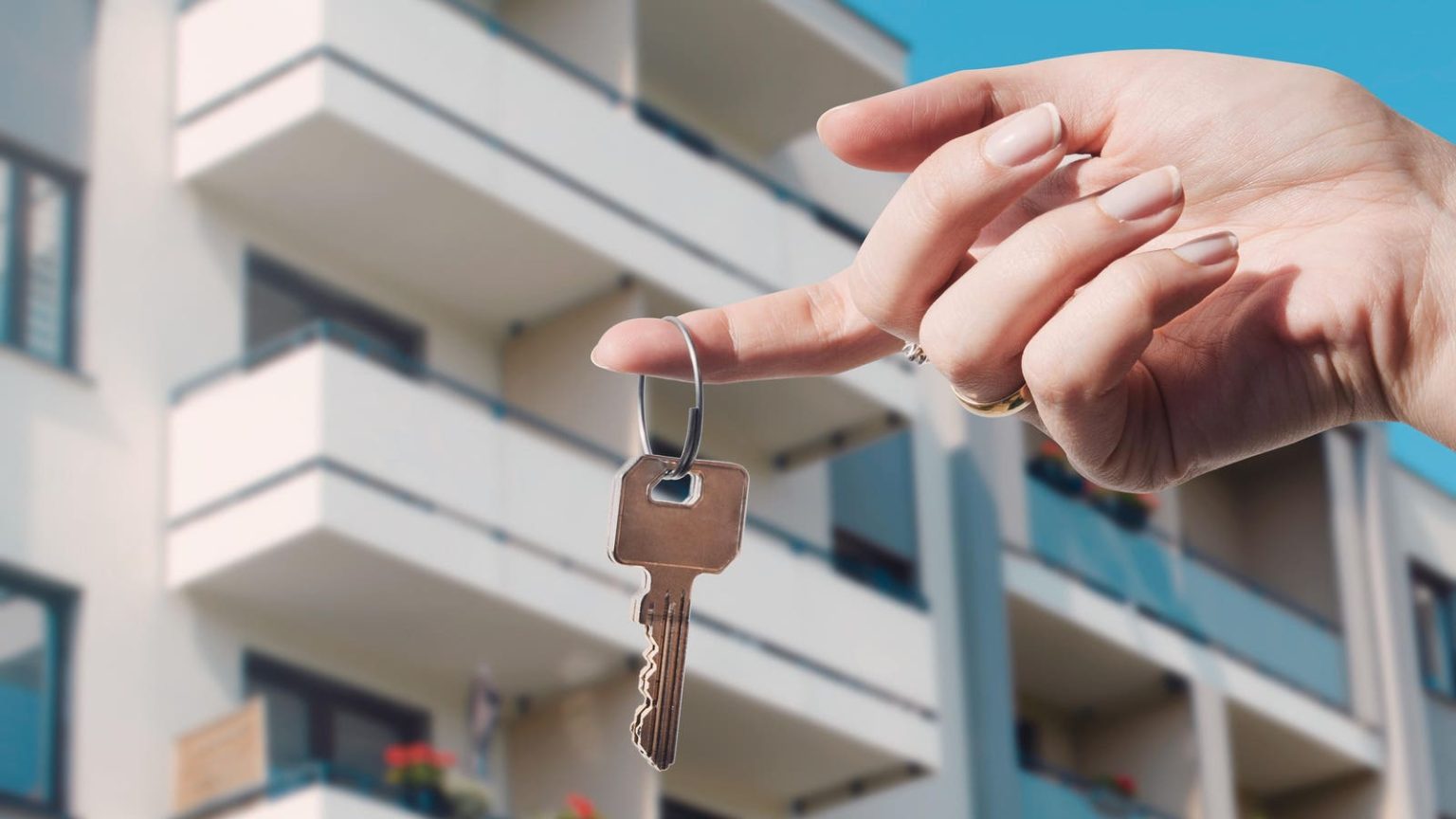Multifamily properties have always been ahead of the curve when it comes to delivering highly sought-after amenities. Would-be residents start grading a property before they step foot in their own apartment—and they have come to expect professional property management, cutting-edge spaces and services, and a cohesive sense of community from any place they would choose to call home.
This “hotelization” has only grown in importance as more people look to multifamily properties to provide a place to live, as well as a place to work, socialize, relax and create long-lasting social bonds. Property owners must continually raise the bar to meet demand and exceed tenant expectations. Of course, the rewards are worth the investment.
Amenities play an essential role in fostering connections among residents and turning multifamily properties into vibrant communities. This can even cause residents to stay longer. Here are a few ways leading owners are tapping amenities to support residents in their daily lives:
Live amenities
As apartments continue to shrink in size, common areas play a crucial role in enhancing the quality of residents’ lives. These spaces serve as shared extensions of residents’ homes and understanding how residents use these areas is key to designing amenities that meet their needs.
During the pandemic, many properties beefed up their outdoor spaces, adding grilling stations and refreshing other communal gathering spots to help residents spend more time outdoors—and provide some much-needed socialization. Today, those spaces can be reactivated through collaborations with local chefs and restaurants to host cooking demonstrations or wine tastings, enhancing the sense of community and connection within and outside the property.
Similarly, hosting a monthly book club in an otherwise under-used social settings requires virtually no overhead but provides a regular opportunity for residents to connect in a meaningful way.
Work amenities
In the age of hybrid work, residents need functional workspaces that cater to their professional needs. Infrastructure isn’t the first thing people think of as an amenity, but it’s one of the most critical. Providing dependable and high-quality internet connectivity is no longer optional but essential for residents, whether they are working, gaming, or simply staying connected. A managed Wi-Fi service is key, and property managers must select dependable vendors to ensure seamless internet services.
Common work areas should serve as an extension of residents’ living spaces to allow residents to comfortably balance their work and personal lives. Take a cue from office workspaces to consider adding a combination of private spaces that cater to individual work needs and communal tables that can bring people together to co-work.
Wellness amenities
Wellness is a multifaceted concept that extends beyond traditional fitness centers. Modern multifamily properties are building in holistic wellness amenities that include meditation areas and quiet spaces. No longer tucked away in a windowless room with a couple of treadmills, residents seek inviting fitness spaces that accommodate a range of activities, from traditional workouts to stretching, yoga, Pilates, and meditation. Some properties will even hire an outside instructor or partner with a local fitness center for weekly programming.
Much like hotels and restaurants, it’s the little things that count. Complimentary towels, infused water, or a bowl of fruit are elegant touches that increase resident participation. Tracking trends is another step to delight residences. Some properties are repurposing under-used tennis courts into pickleball courts and racquetball spaces into multifaceted areas for table tennis or golf simulators that prioritize socialization and engagement.
The key is to dial into those amenities that best resonate with residents and provide a variety of activities they know and love to foster a greater sense of community investment.
Be the host with the most
Recognizing that multifamily properties are not just places to live, but also a resident’s home, owners need to need to strategize with a strong emphasis on customer-centric service—the cornerstone of hospitality. The most enticing amenities have evolved over the years as the demographics of multifamily dwellers and their preferences have evolved. While the physical amenities play a crucial role, understanding residents’ preferences and behaviors is equally vital.
In the ever-changing landscape of real estate, staying close to the customer is paramount. The multifamily industry has been witnessing a transformation driven by changing demographics, remote work, and a desire for community. To remain competitive, property owners and managers need to be proactive about connecting with their residents, hearing their desires, and following through as a valued and trusted partner.
Read the full article here



